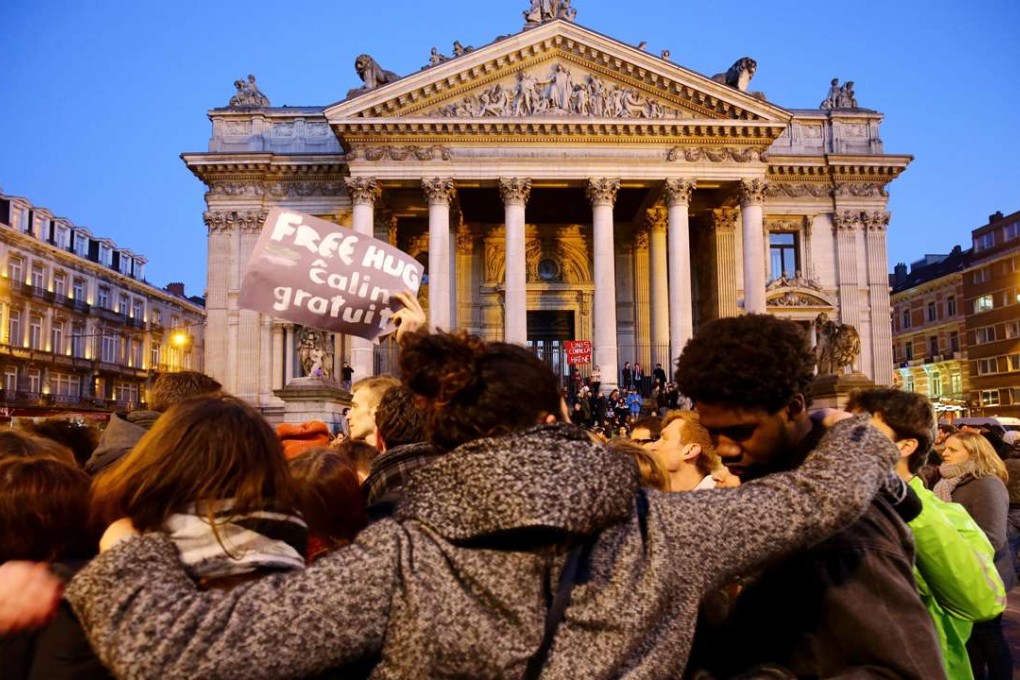Brussels bombings expose Europe’s stark choice between security and freedoms
Zhou Zunyou says the terrorist attacks deepen the challenge Europe faces in ensuring the safety of its people while keeping its society free and open – a test that other nations like China are also grappling with

Prior to the Brussels blasts, Belgian authorities had been aware of the imminent danger of terrorist attacks, particularly following the March 18 arrest of Salah Abdeslam, one of the perpetrators of the Paris attacks, in the Molenbeek neighbourhood of Brussels. Still, the carnage happened. The question, then, is why it could not be stopped despite the security measures which the authorities had already taken.

Paris terror attacks suspect Salah Abdeslam captured during raid in Brussels but many questions remain
The Molenbeek neighbourhood is notorious for being a hotbed of Islamic extremism, due to its large, predominantly Muslim population, and a logistical hub for European jihadists. Such Jihadist activities have earned Belgium the unwelcome reputation as the jihadist capital of Europe. Root causes include social problems such as segregation and a high unemployment rate among Muslim communities. Many jobless and marginalised Muslim youth, prone to radicalisation, fall prey to jihadist recruiters.

Third, Belgium is a federal state with several layers of government that impedes the transmission of information between agencies and investigators. Such extreme forms of decentralised government create enormous difficulties for surveillance operations and investigations. To make things worse, the country has a relatively small security apparatus, with some 1,000 employees in total, despite hosting a large number of European and international organisations and companies. This situation apparently makes the country a safe haven for terrorists.
Fourth, the Brussels blasts underscore the vulnerability of “soft targets”, particularly transport networks. Terrorist attacks against such targets are easy to implement, and may lead to heavy casualties and attract much media attention. Open societies depend on the fast flow of people and goods and the freedom of movement is a core element of a Western nation. The open nature of Europe explains why there are too many soft targets to guarantee complete security.
